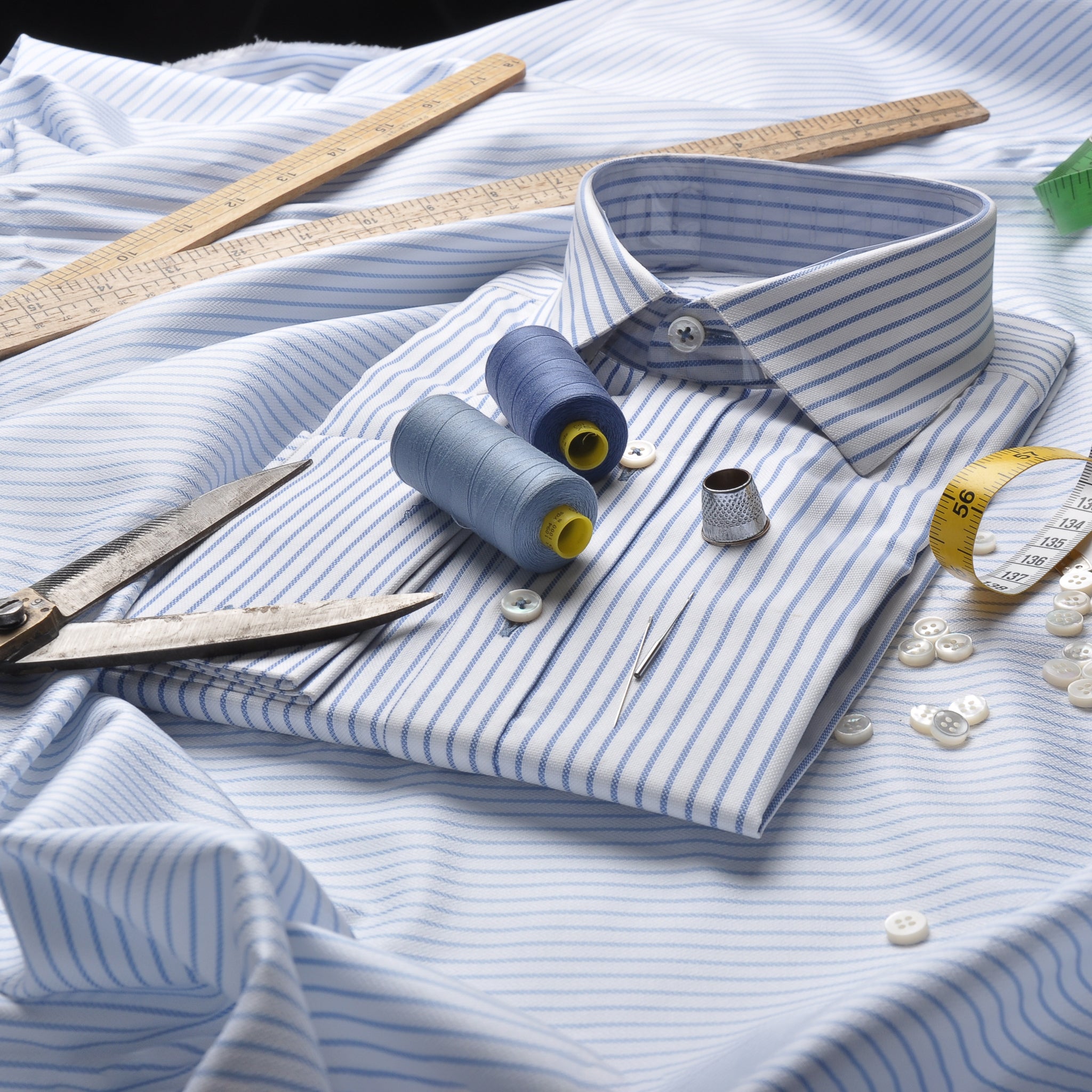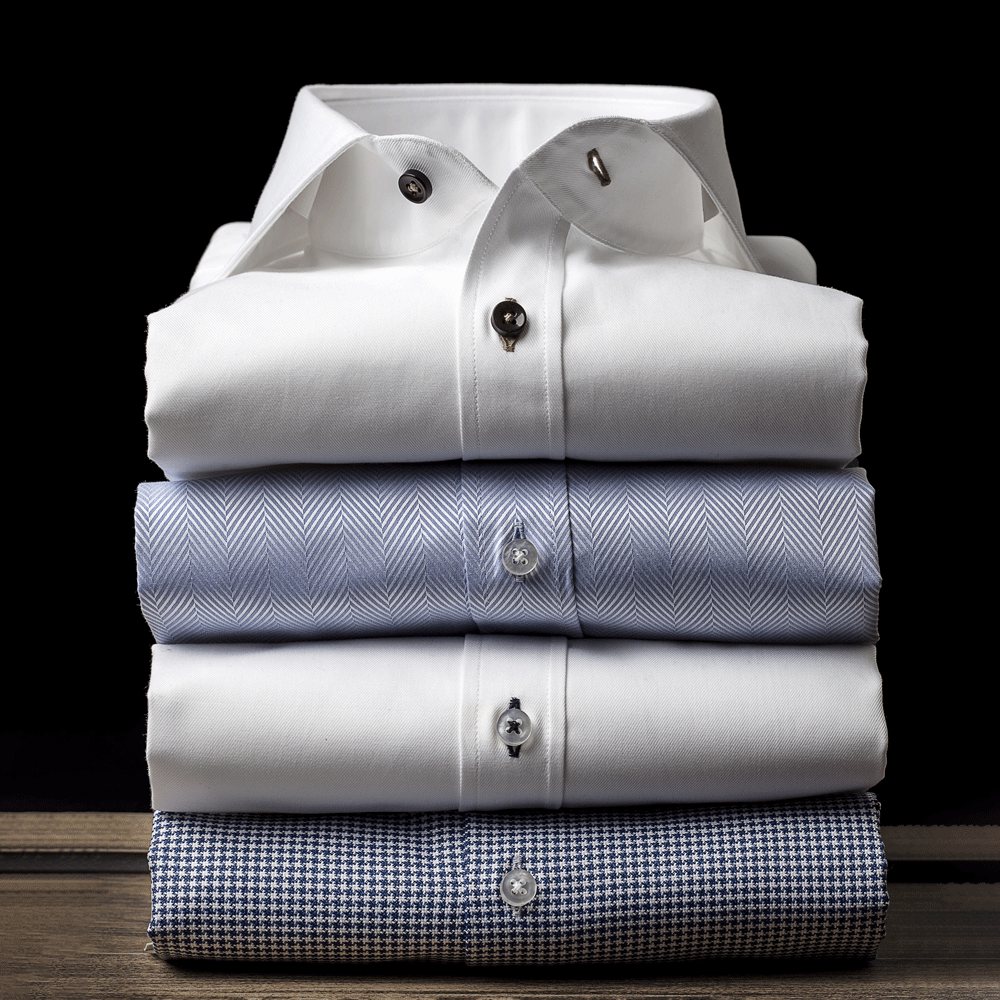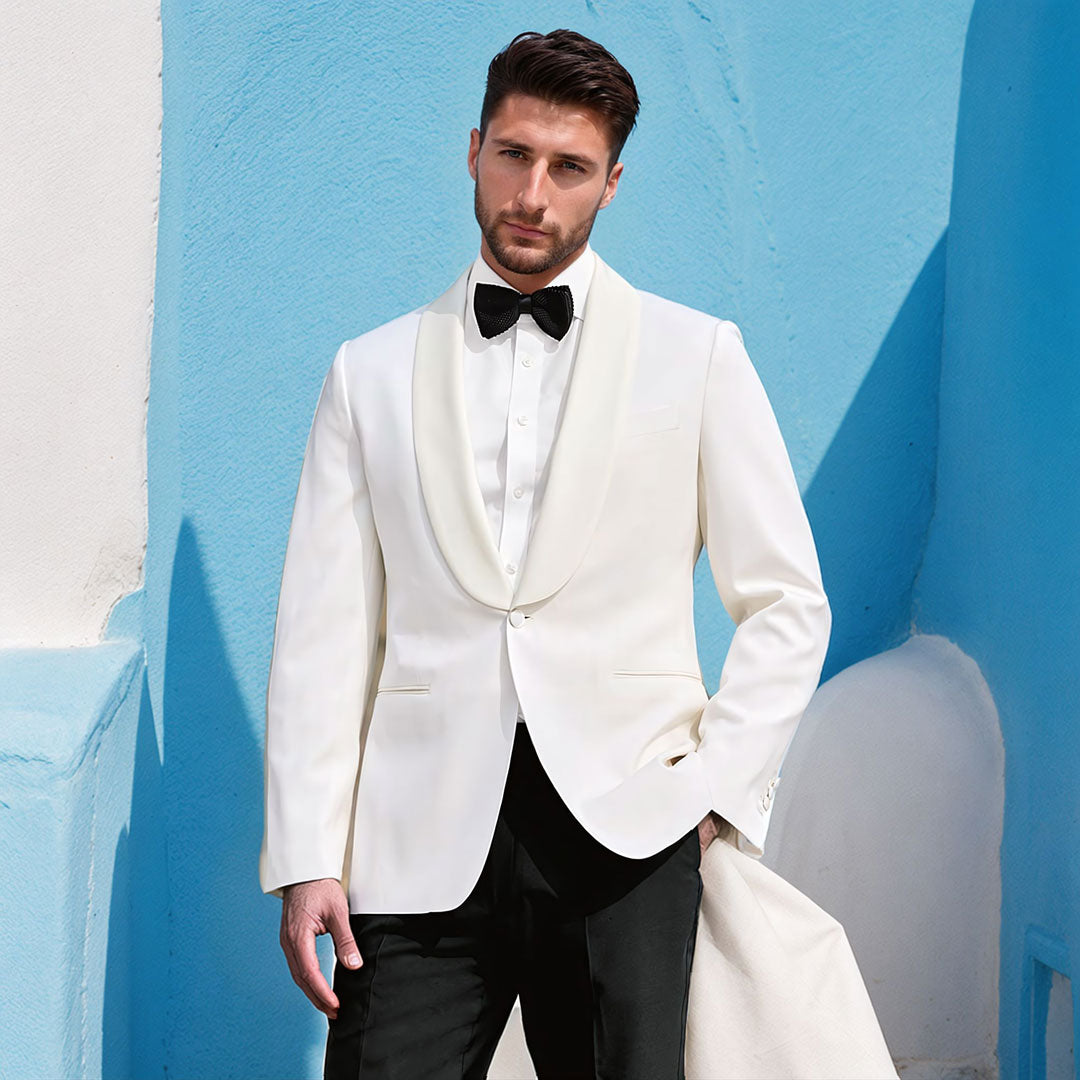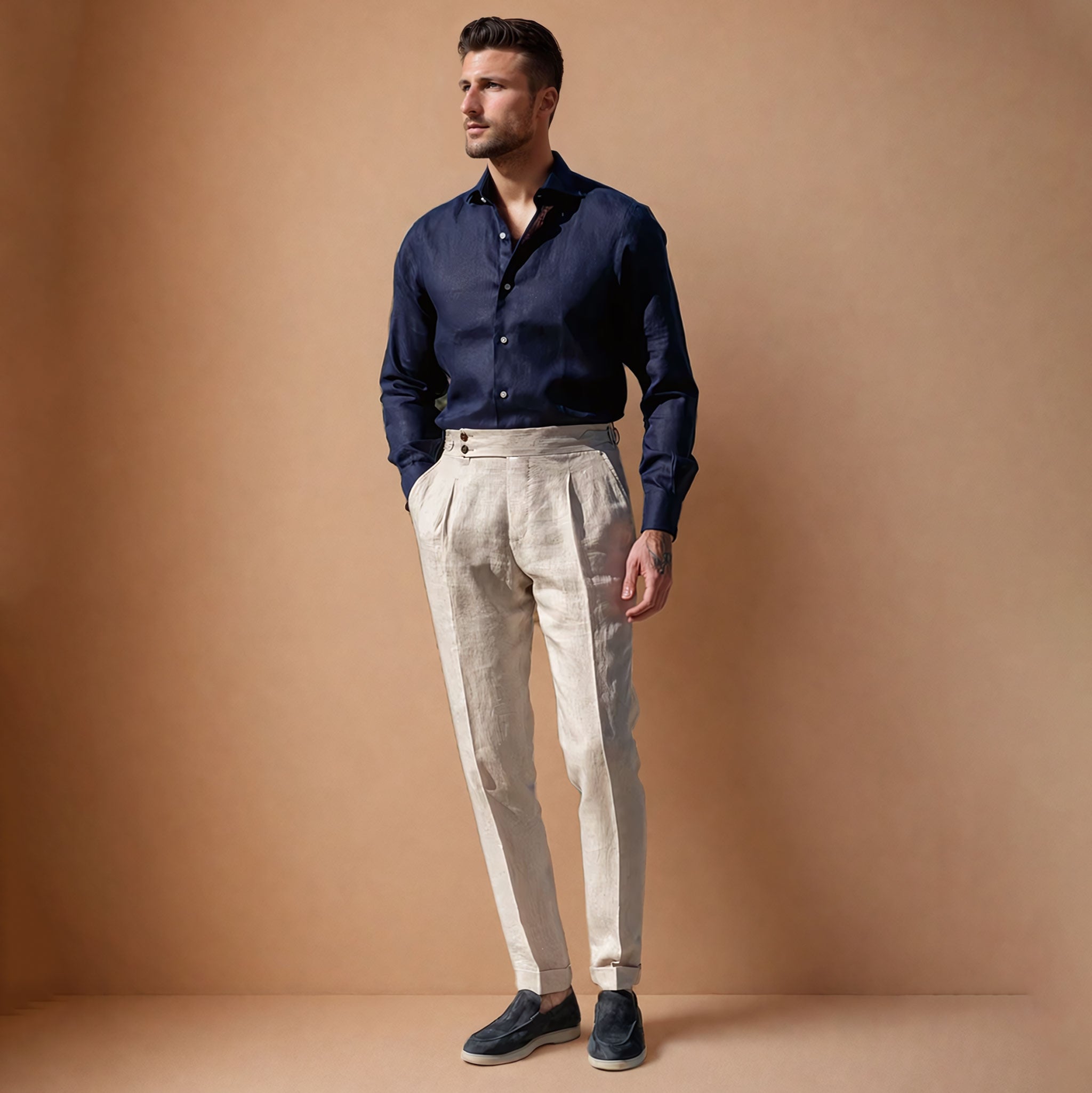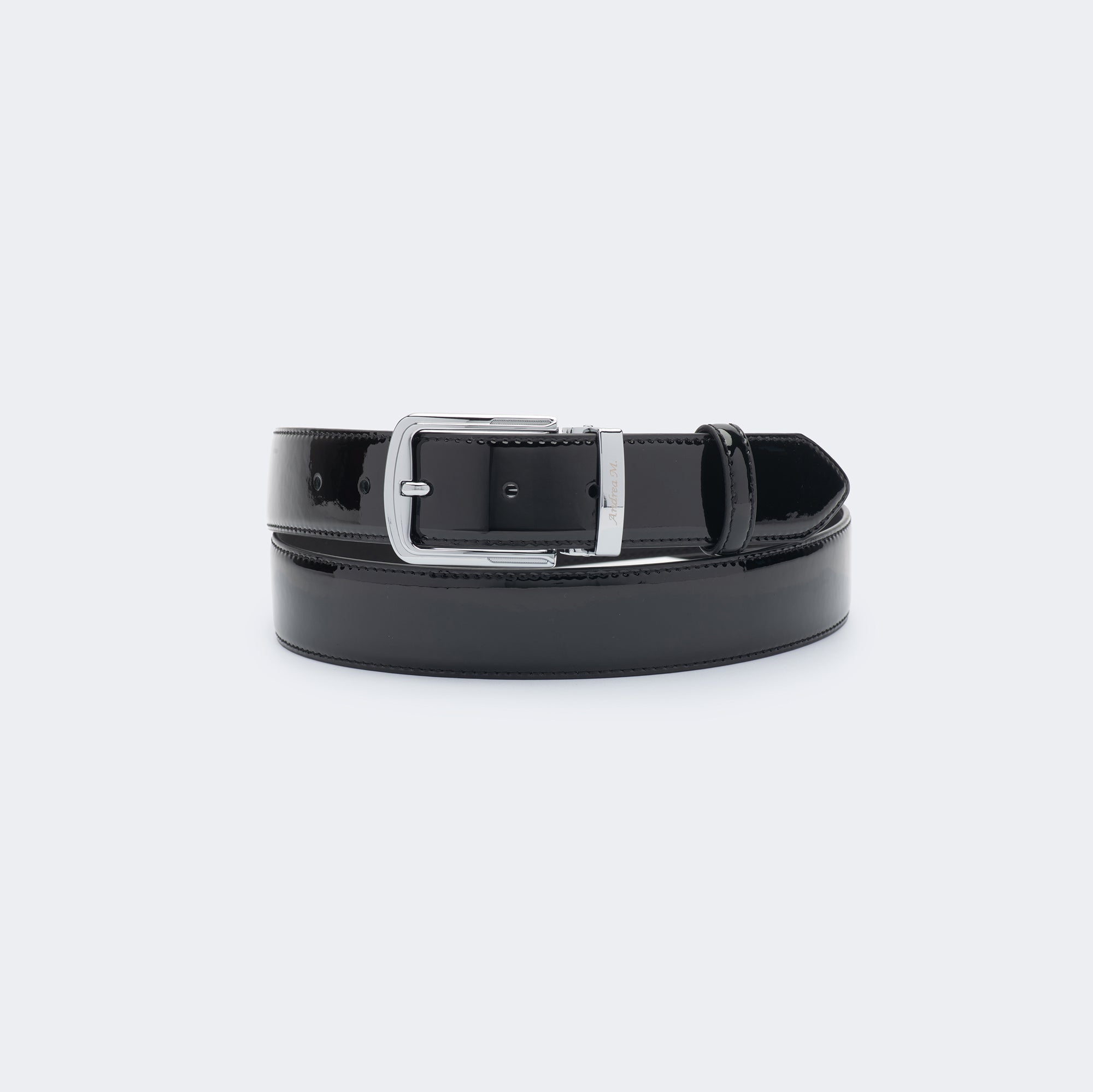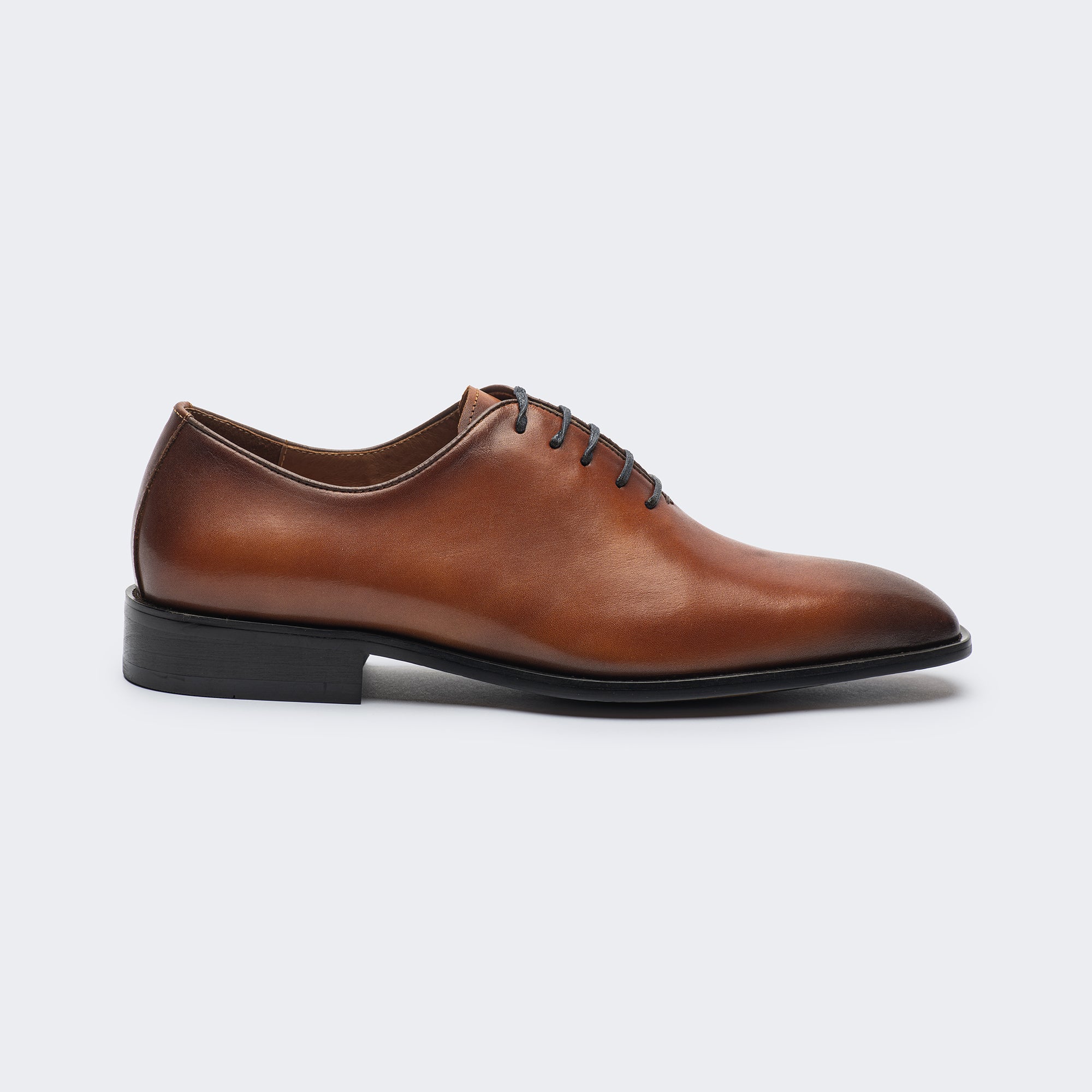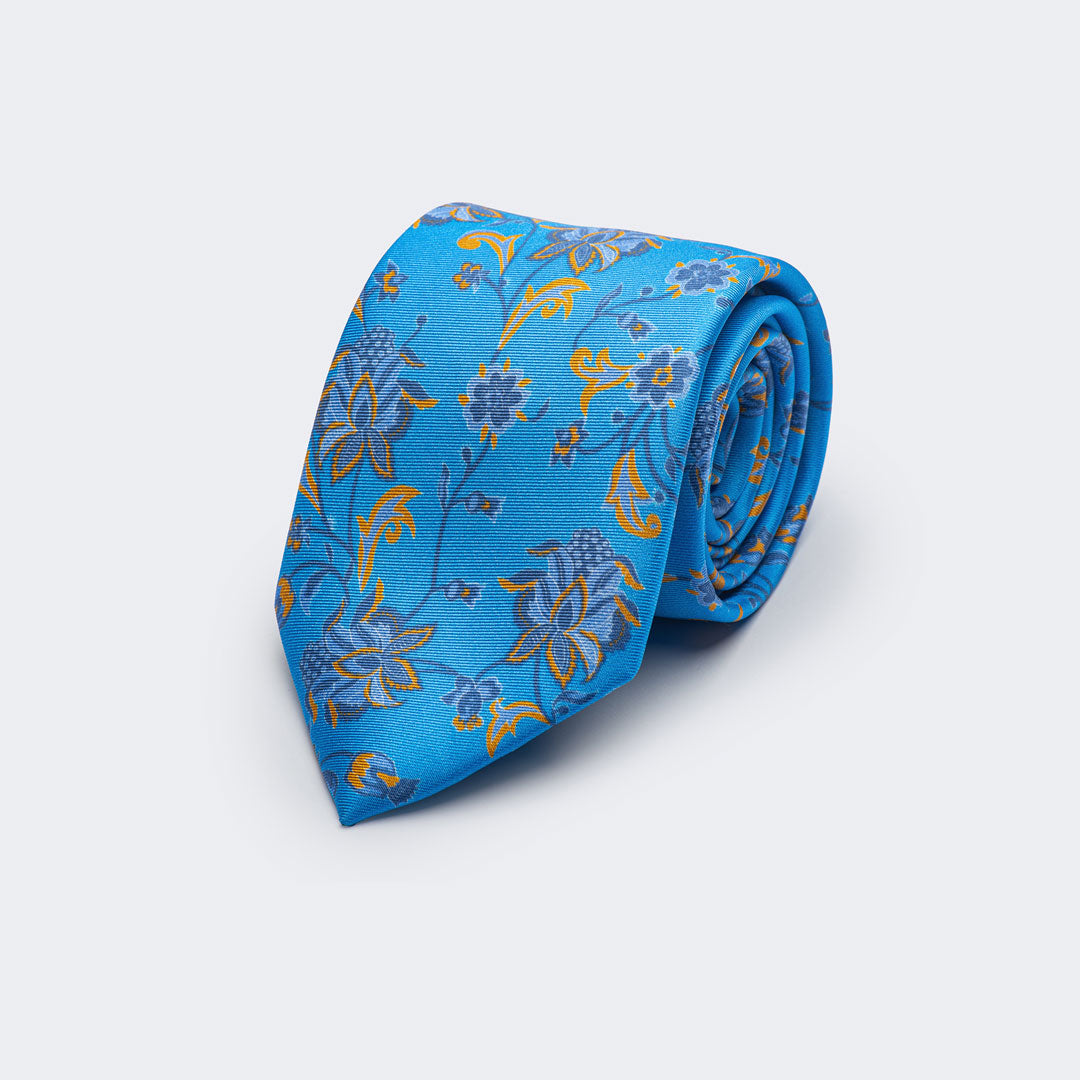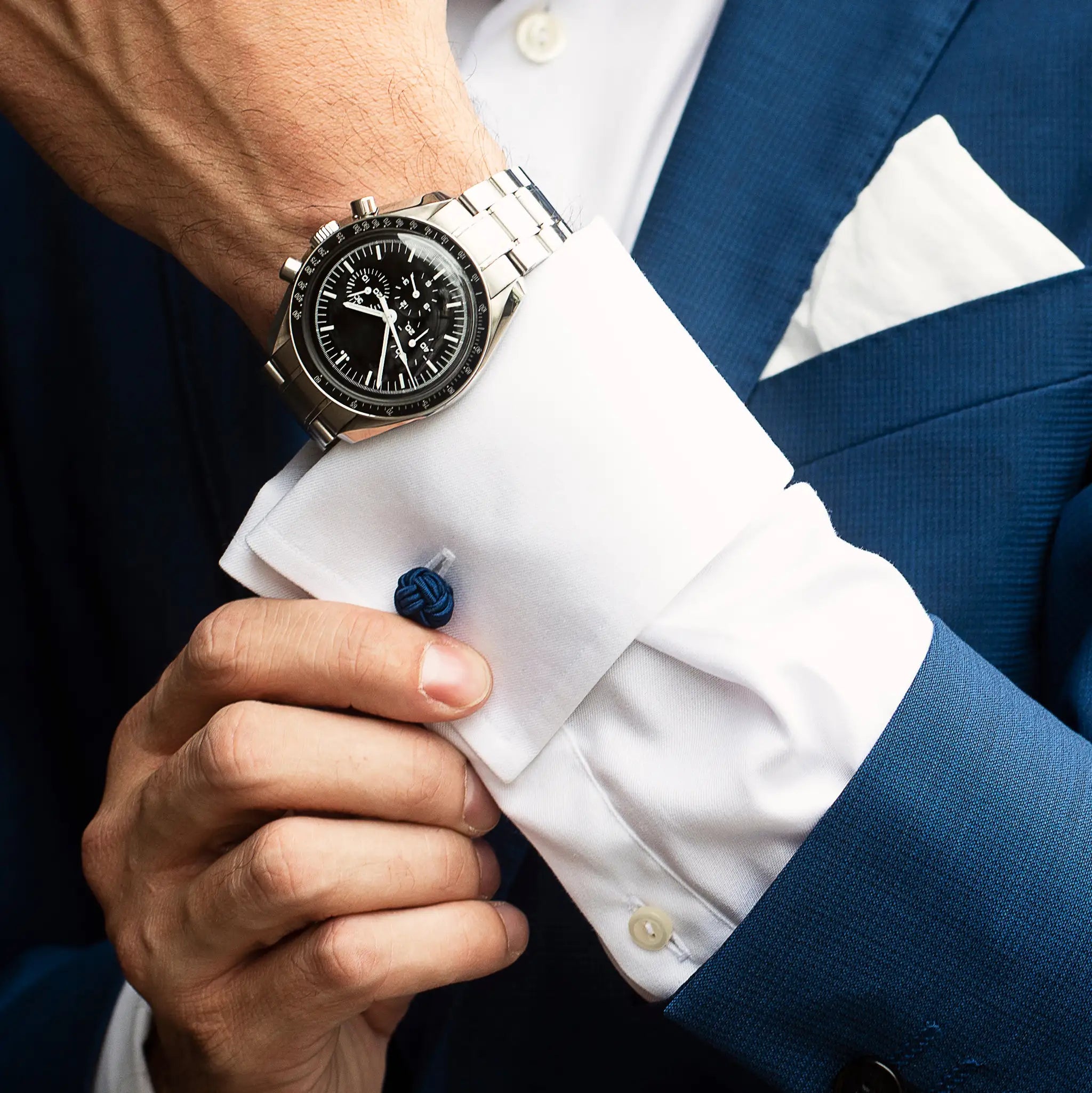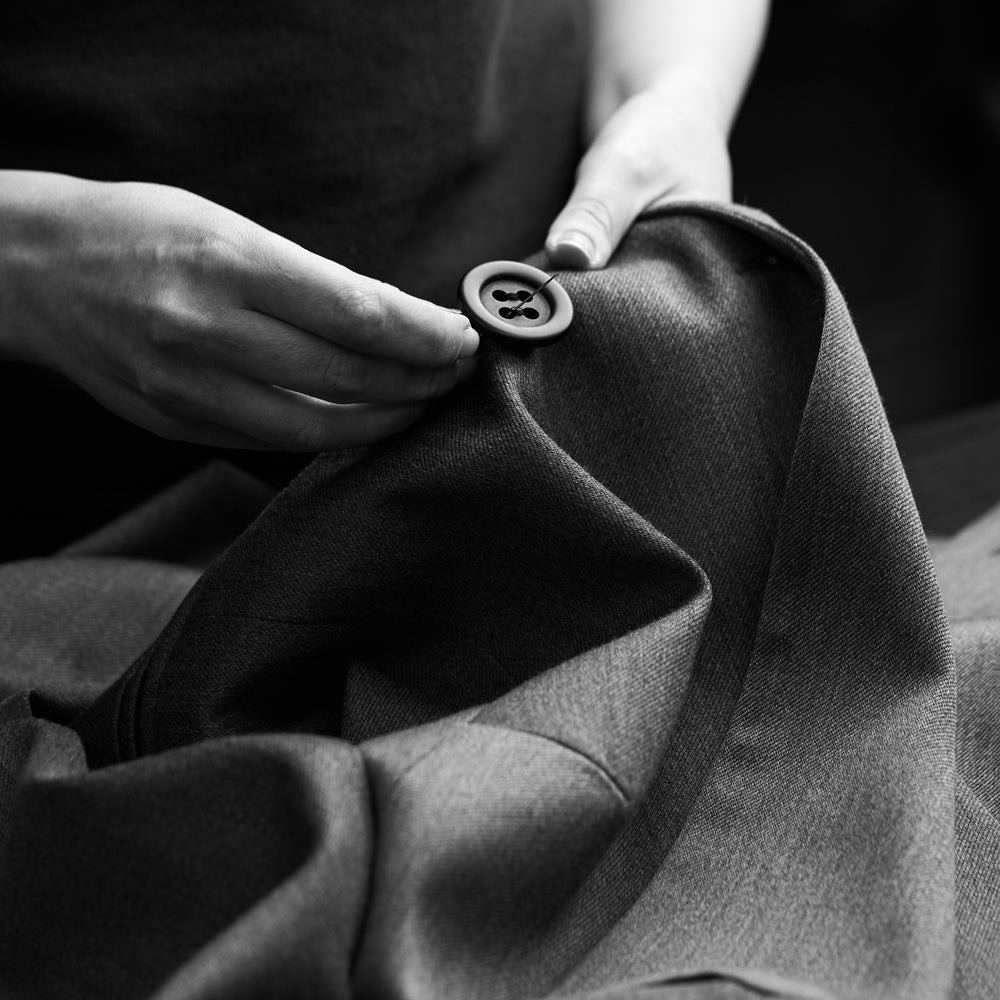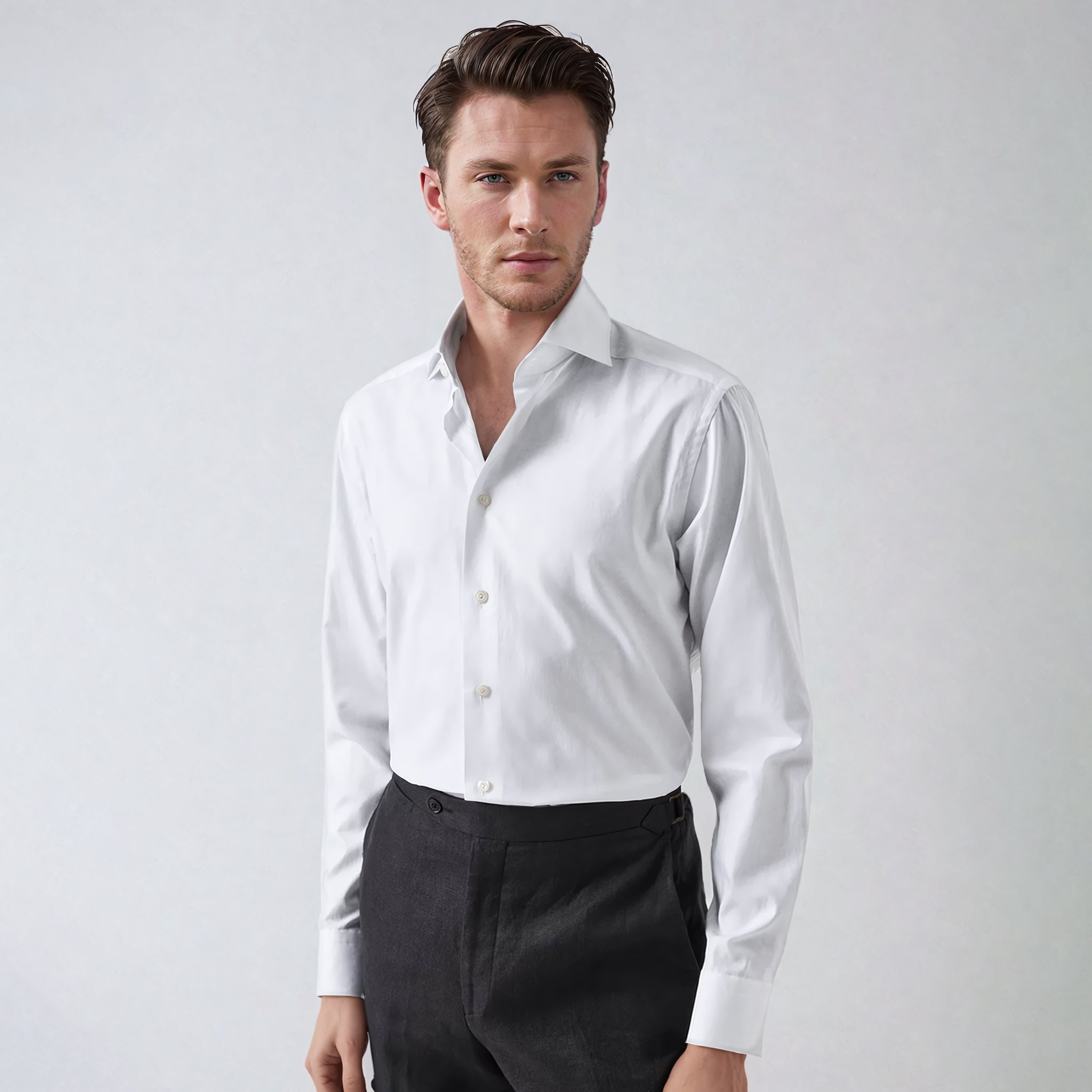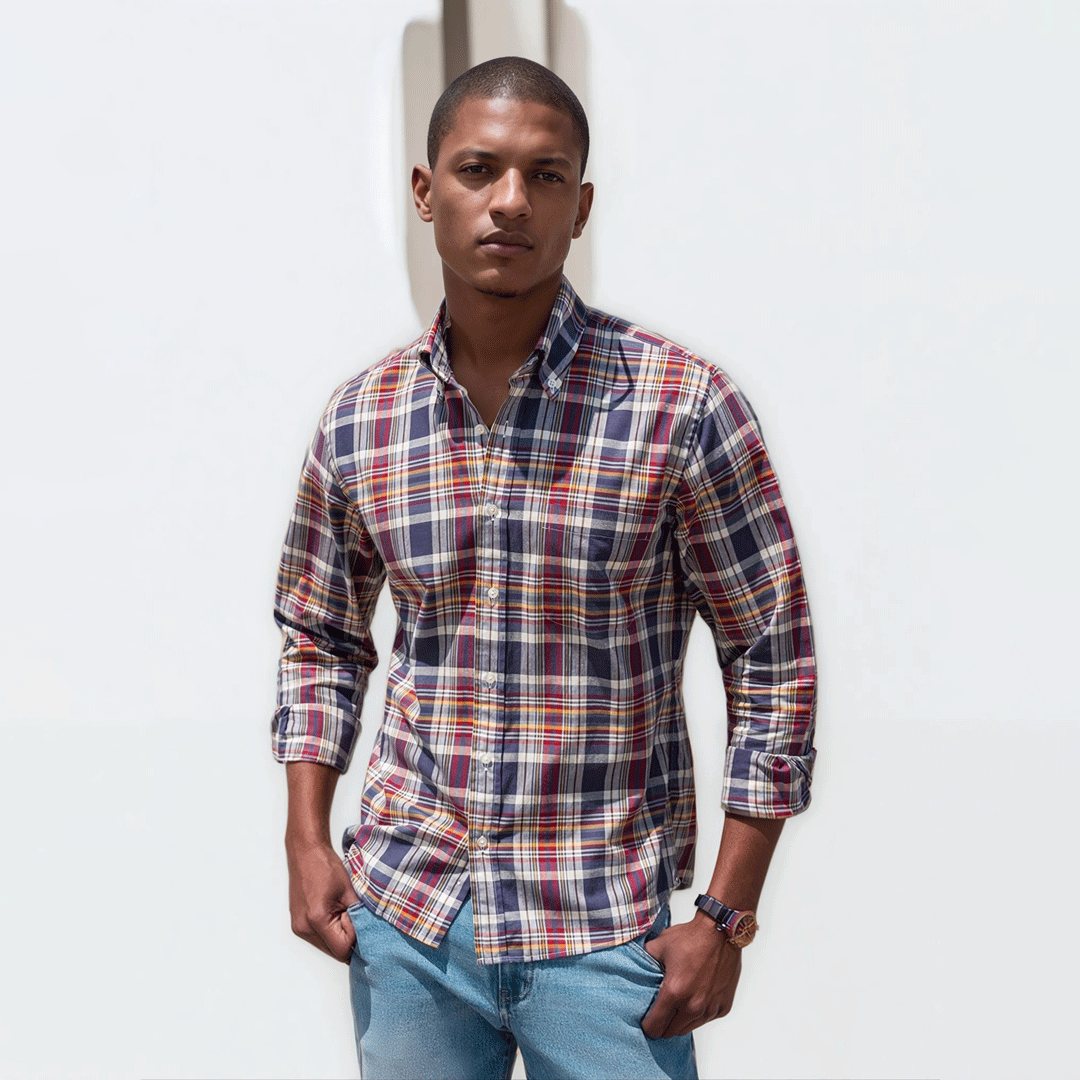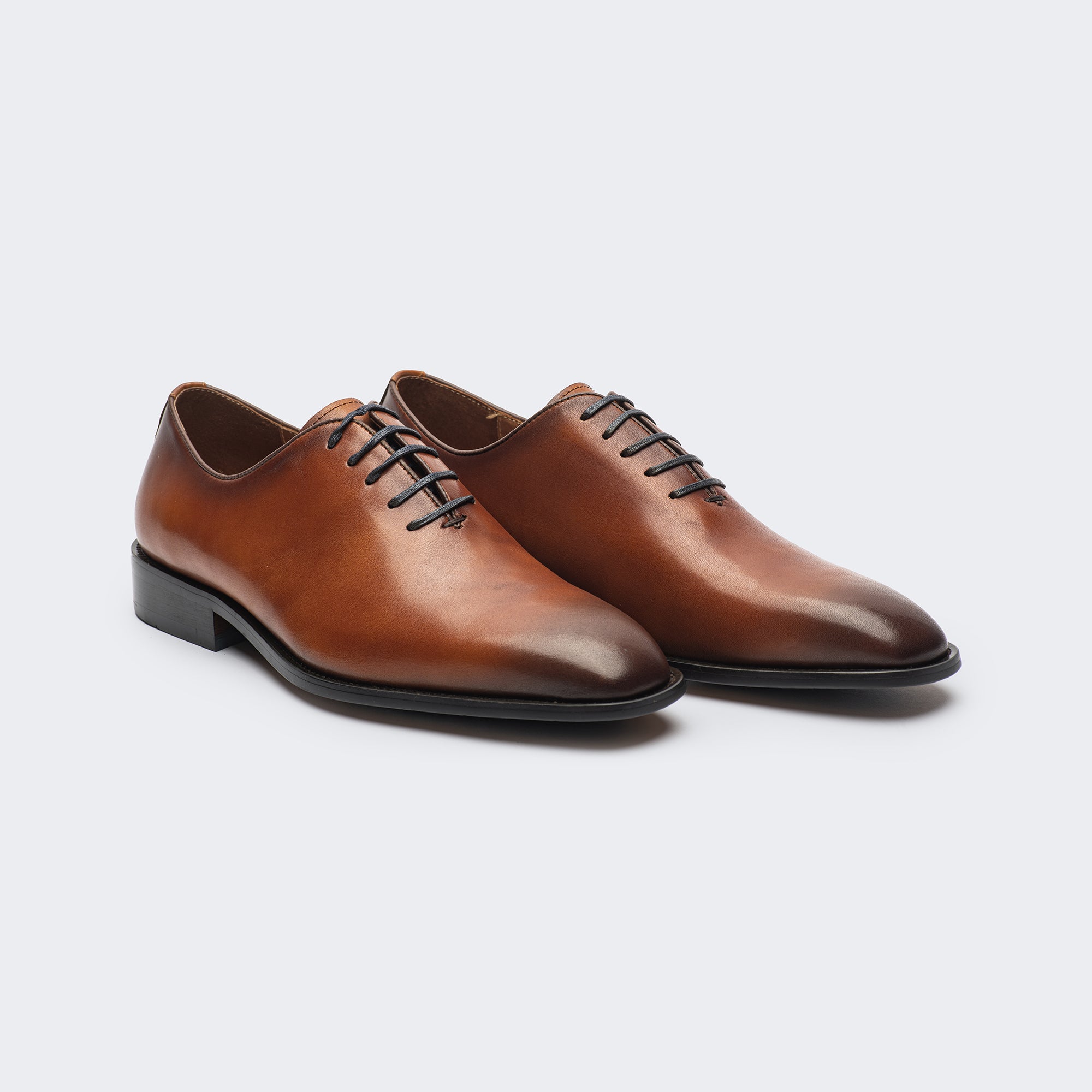
Nailing the Right Impression: Essential Shoe Colors for Men's Interview Attire
When dressing for a job interview, every element of your outfit counts, but perhaps none so subtly powerful as the color of your dress shoes. The right choice can enhance your professional appearance, communicating your personality and readiness for the role before you even speak.

The Psychology Behind Shoe Color in Interviews
Color plays a crucial role in setting the first impression. While black shoes broadcast formality and authority, ideal for industries like law or finance, shades like navy and burgundy can add a dash of personal style and confidence, perfect for roles that value creativity and innovation. For those aiming to project reliability and stability, neutral tones like taupe or tan can be an excellent choice, aligning with traits valued across various industries.

Classic Choices: Black and Brown Shoes
- Black Dress Shoes: These are the quintessential choice for formal interviews. Black oxfords or derbies, revered for their elegance, signal professionalism and are particularly suitable for traditional corporate settings. When stepping into an interview in these classics, you're aligned with the expected standards of most industries.
- Brown Dress Shoes: For environments that are less formal or in creative fields, brown shoes offer versatility and warmth. They pair well with navy suits and lighter earth-toned outfits, maintaining professionalism while also showcasing your approachability and style sense.

Stepping Beyond Tradition: Navy and Burgundy
To stand out in an interview while maintaining sophistication, consider navy or burgundy shoes. These colors provide a stylish twist to traditional attire without straying too far from the norms of professional decorum. Navy shoes work well with a broad range of suits, while burgundy shoes can elevate your outfit, reflecting confidence and a flair for creativity.

Industry-Specific Attire: Corporate vs. Creative
The choice of shoe color should also reflect the norms of the industry you’re entering. In conservative fields, stick with black to echo the formal vibe. In creative sectors like advertising or design, more vibrant choices like oxblood or patterned loafers can express individuality and a forward-thinking mindset.

Company Culture and Attire Alignment
Researching the company's culture is pivotal. For companies with a traditional approach, a more conservative look with black shoes might be appropriate. Conversely, if the company is in a creative industry, showing off your style with unique colors and designs can be beneficial.
Tips for Coordinating Shoes with Your Interview Outfit
Matching your shoes with your interview attire is key. Black shoes generally pair best with darker suits, while brown shoes enhance lighter colors and softer fabrics, creating a balanced and appealing look.

Accessorizing Your Interview Attire
Accessories offer another layer of personalization. Matching your belt, tie, or pocket square with your shoe color can pull your entire outfit together, making for a cohesive and polished presentation.
Maintaining Your Shoes for the Best Impression
Ensure your shoes are polished and in excellent condition before your interview. Regular care, including cleaning and conditioning, not only extends the life of your shoes but also reflects your attention to detail.

In Summary: Dressing for Success
Your choice in shoe color might seem minor, but it plays a critical role in how you're perceived. By carefully selecting the right color and style for your interview, you're not just dressing for the job you want; you're embodying it.

FAQs:
- Can I wear brown shoes to a job interview? Yes, especially in less formal or creative fields.
- Are black dress shoes the most formal option? Yes, they are ideal for formal settings and match well with most suit colors.
- How do I match my dress shoe color with my suit? For formal settings, black shoes with dark suits; brown shoes work well with lighter colors.
- What do different shoe colors say about my professional appearance? Black conveys formality and authority; brown shows warmth and approachability; unconventional colors like navy and burgundy indicate creativity and confidence.

